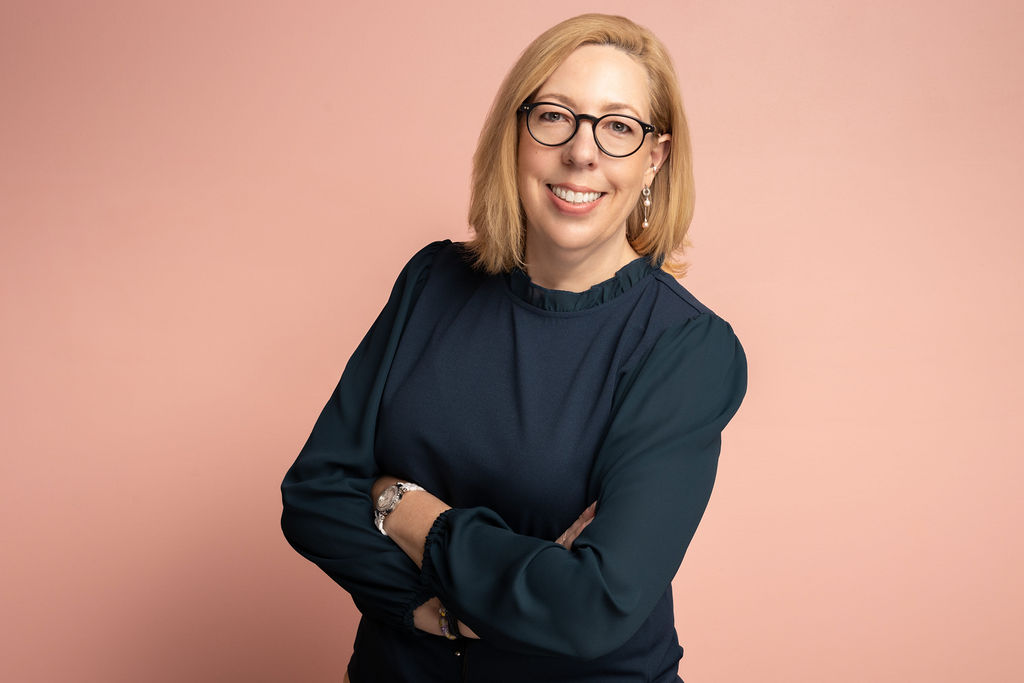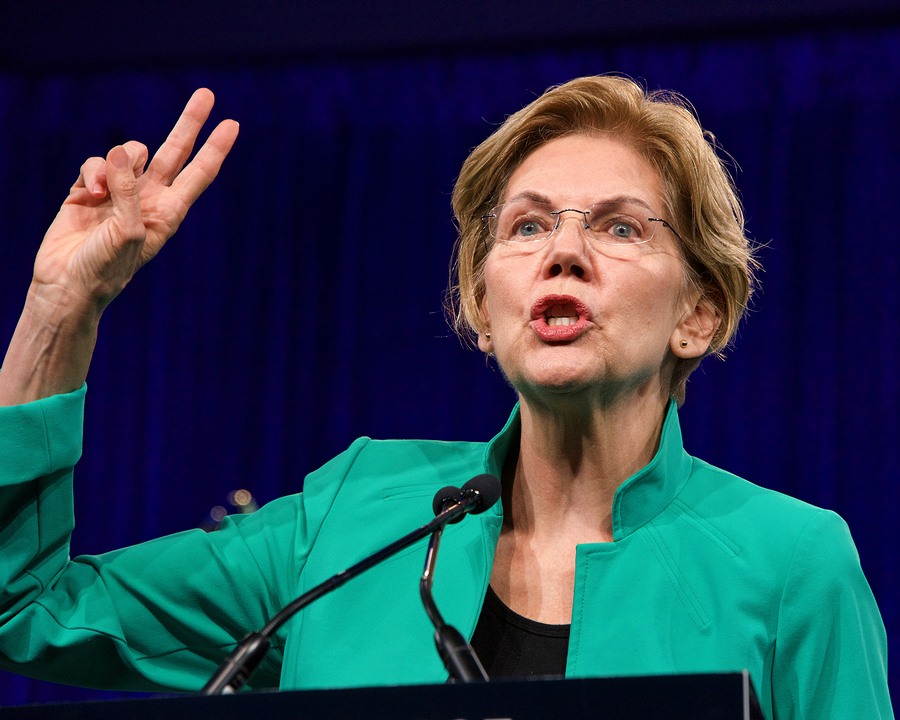U.S. Sen. Elizabeth Warren’s latest fiscal policy crusade against allowing 401(k)-type retirement plans to include private equity conveniently fails to mention that she has greatly benefited from such investments herself.
Earlier this month, Warren demanded answers from Empower Retirement LLC about its plan to offer private equity investments to participants in its 401(k) plans. Warren, the ranking member on the U.S. Senate Committee on Banking, Housing, and Urban Affairs, wants responses to six, multipart questions by July 7.
“Pensions’ investments in private equity have been dubbed a ‘Wall Street time bomb,’ Warren wrote. “Even institutional investors admit their uncertainty as to whether private equity’s ‘very thin outperformance is worth the risk of opaque and illiquid investments whose actual value is often impossible to determine — investments that could crater when the money is most needed.’ Yet proponents of allowing defined-contribution plans access to the private markets often cite the returns seen in pensions as a reason to further expand access to the private markets.”
Warren has long opposed private equity investments.
In its May-June 2022 issues, Mother Jones magazine wrote about her battles in an article headlined, “Elizabeth Warren’s Long, Thankless Fight Against Our Private Equity Overlords.” It noted her introduction of legislation to decrease private equity’s influence on commercial banks as well as her fight with the U.S. Department of the Treasury and the Internal Revenue Service to crack down on waivers that tax the compensation of fund managers at rates lower than that of ordinary income.
Warren’s posturing that private securities are riskier and less transparent than public counterparts hides how she and her husband have both been personally enriched by private equity investments.
Prior to her election to the U.S. Senate in 2012, she was the Leo Gottlieb Professor of Law at Harvard Law School. She was named to the position in 1995, and her financial disclosure forms indicate that, between January 2010 and December 2011, she earned $430,000.
In 2006, her husband, Bruce Mann, was named the Carl F. Schipper, Jr. Professor of Law at Harvard Law School, a position which is, in part, funded through the school’s $53 billion endowment. Warren’s financial disclosures indicate that her husband has earned more than $5 million in that role.
The Harvard Management Company has managed the school’s endowment since 1973, and the company’s board of directors includes top leaders from at least five major private equity funds: General Atlantic, Madison Dearborn Partners, Canyon Partners LLC, Advent International, and Blackstone. According to the company’s 2024 annual report, 39 percent of the endowment’s assets are invested in private equity.
“Sen. Warren has never let hypocrisy deter her,” said Paul Craney, executive director of the Massachusetts Fiscal Alliance. “This latest example only reinforces what many think of her. Perhaps it would be better if the senator put her actions ahead of her words.”
The tide, though, appears to be turning against her hypocritical, ideological warfare.
On June 25, the Office of the Investor Advocate at the U.S. Securities and Exchange Commission (SEC) announced will prioritize allowing private equity and other alternative investments in retirement plans as one of its goals for next year. While many plan sponsors have voiced skepticism about allowing this move, highlighting challenges related to liquidity or the risk of litigation, others see this move as a way to broaden and diversify investments.
In addition to Empower, Larry Fink, the CEO of BlackRock, has called for greater retirement access to private assets. BlackRock is reportedly the world’s largest asset manager with approximately $11.5 trillion in assets under management. The company announced that it would include private assets in its retirement plans around the same time as the SEC made its announcement.
“As more private sector employers have shifted from defined benefit (DB) pension plans to DC plans, saving for retirement has become the individual’s responsibility — but without access to the same investment opportunities available to institutional investors,” the company stated on its website. “By thoughtfully integrating private assets into target date solutions, participants could see about a 15 percent boost in their 401(k) savings over 40 years.”
With approximately 85 million Americans investing in 401(k) and other defined-contribution plans, the stakes are high. BlackRock said it anticipates that retirement portfolios in the future will comprise 50 percent public equities, 30 percent public fixed income, and 20 percent private markets.
On its first-quarter earnings call on May 2, T. Rowe Price Chair, CEO, and President Rob Sharps said the company was also looking at adding “private market investments” to its portfolio. The company manages $1.57 trillion in assets, according to its own data.
“In my mind, there’s no question that eventually, it will happen,” Sharps said. “I think you can debate timing and magnitude, but at some point, and to some degree, defined contribution, more traditional high net worth and mass affluent will get access to private market alternatives.”


